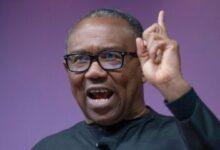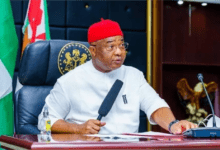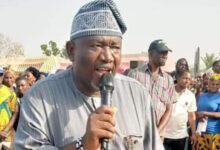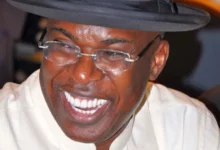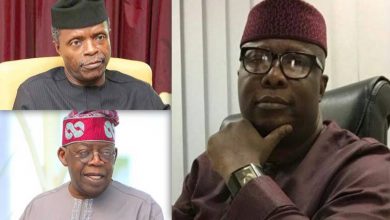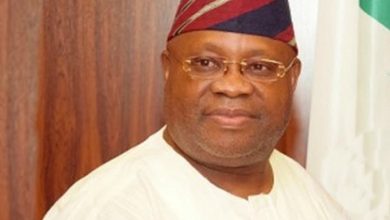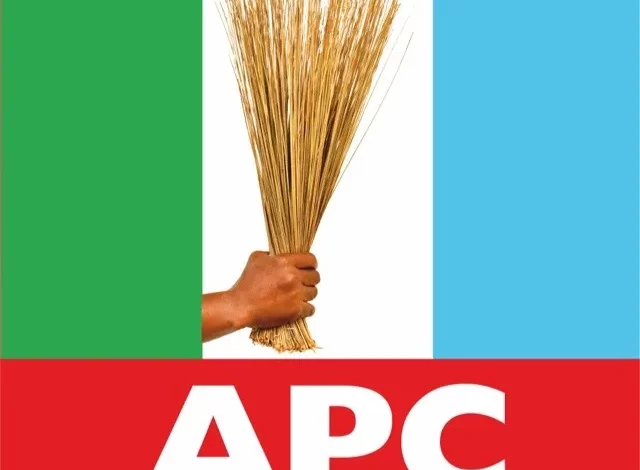
Who Is The Founder of APC? – History Of APC In Nigeria
History Of APC In Nigeria
The All Progressives Congress (APC) is a political party in Nigeria that was formed in 2013 as a merger of four opposition parties: the Action Congress of Nigeria (ACN), the Congress for Progressive Change (CPC), the All Nigeria Peoples Party (ANPP), and a faction of the All Progressives Grand Alliance (APGA). The merger was aimed at presenting a formidable opposition to the ruling People’s Democratic Party (PDP), which had dominated Nigerian politics since 1999. The founder of the APC is not a single individual, but rather a group of political leaders who came together to form the party.Information guide Nigeria
Read Also: History of Nigeria Labour Congress [NLC]
👉 Relocate to Canada Today!
Live, Study and Work in Canada. No Payment is Required! Hurry Now click here to Apply >> Immigrate to CanadaThe key figures involved in the formation of the APC were Asiwaju Bola Tinubu, a former governor of Lagos State and leader of the ACN; Muhammadu Buhari, a former military head of state and leader of the CPC; and Atiku Abubakar, a former vice president and leader of the ANPP. These three leaders were instrumental in the negotiations that led to the merger of the four parties, and they played key roles in the early days of the APC.
Asiwaju Bola Tinubu is widely regarded as the architect of the APC. He was a key figure in the formation of the ACN, which was one of the opposition parties that merged to form the APC. Tinubu was the governor of Lagos State from 1999 to 2007, and he is credited with transforming Lagos into one of the most prosperous and well-governed states in Nigeria. Tinubu’s political influence extends far beyond Lagos, and he is widely regarded as one of the most powerful political leaders in Nigeria.
Read Also: History of Labour Party Nigeria – Who is the Founder of Labour Party in Nigeria
Muhammadu Buhari is another key figure in the formation of the APC. Buhari was the presidential candidate of the CPC in the 2011 elections, and he was widely seen as the main challenger to the incumbent president, Goodluck Jonathan. Although he lost that election, Buhari’s popularity and influence in the north of Nigeria made him a key player in the opposition to the PDP. Buhari was eventually persuaded to join the merger talks that led to the formation of the APC, and he became the party’s presidential candidate in the 2015 elections.
Atiku Abubakar was the presidential candidate of the ANPP in the 2007 elections, and he was also a contender for the APC presidential ticket in 2015. Atiku was a vice president under President Olusegun Obasanjo from 1999 to 2007, but he fell out with Obasanjo and left the PDP in 2006 to join the ANPP. Atiku’s decision to join the APC was seen as a major boost for the party, as he brought with him a significant base of support in the north.
Read Also: History of cultism in Nigeria: Interesting facts and details
Formation
The formation of the APC was seen as a major breakthrough for the opposition in Nigeria. For years, the PDP had dominated Nigerian politics, and there was a widespread feeling that the party had become complacent and corrupt. The merger of the opposition parties was seen as a way to present a united front against the PDP and to offer Nigerians a credible alternative.Who Is The Founder of APC? – History Of APC In Nigeria
The APC held its inaugural convention on 31 March 2013 in Lagos, and the party’s first national officers were elected at that convention. The convention was attended by thousands of party supporters, and it was widely seen as a show of strength by the new opposition alliance.JAMB portal
👉 Relocate to Canada Today!
Live, Study and Work in Canada. No Payment is Required! Hurry Now click here to Apply >> Immigrate to CanadaThe APC’s first major test came in the 2015 presidential elections, which were widely regarded as the most closely contested in Nigeria’s history. The APC’s presidential candidate, Muhammadu Buhari, defeated the incumbent president, Goodluck Jonathan, in a closely fought race. Buhari’s victory was seen as a majorCheck JAMB result
upset, and it marked the first time in Nigeria’s history that an opposition party had defeated a sitting president in an election.20 Best Men’s Slippers in Nigeria and their Prices
Following Buhari’s victory, the APC formed a new government, with Buhari as president and a number of key APC figures serving in his cabinet. The APC also won a majority of seats in both the Senate and the House of Representatives, giving it control of the National Assembly.Romantic love message
Read Also: The History of Online Casinos
Challenges
Since coming to power, the APC has faced a number of challenges. The party’s campaign promise to tackle corruption and improve security has been met with mixed results. The Buhari administration has launched a number of high-profile anti-corruption investigations, but critics have accused the government of using the investigations to target political opponents. The government has also struggled to contain a resurgence of violence in the country’s north-east, where the Islamist militant group Boko Haram has continued to carry out attacks.Good morning My Love Message
The APC has also faced internal divisions, with some party leaders accusing others of failing to live up to their commitments to the party. There have been a number of high-profile defections from the party, including that of Atiku Abubakar, who left the APC to join the PDP in 2018. Some analysts have predicted that the APC could struggle to hold together ahead of the 2023 elections.NYSC Portal
Despite these challenges, the APC remains a major force in Nigerian politics. The party has won a number of state governorships and has continued to attract support from voters who are disillusioned with the PDP. The APC is also seen as a more ideologically coherent party than the PDP, which is often criticized for lacking a clear political agenda.10 Best TV Consoles in Nigeria and their Prices
Read Also: Which Country Invented Soccer? A Look Back at Football’s Early History
Conclusion
In conclusion, the All Progressives Congress (APC) is a political party in Nigeria that was formed in 2013 as a merger of four opposition parties: the Action Congress of Nigeria (ACN), the Congress for Progressive Change (CPC), the All Nigeria Peoples Party (ANPP), and a faction of the All Progressives Grand Alliance (APGA). The founders of the APC were a group of political leaders, including Asiwaju Bola Tinubu, Muhammadu Buhari, and Atiku Abubakar, who came together to form the party in order to present a credible alternative to the ruling People’s Democratic Party (PDP). Since coming to power in 2015, the APC has faced a number of challenges, but the party remains a major force in Nigerian politics and is likely to play a key role in the country’s political future.
Check JAMB RESULT
Check and Confirm: How much is Dollar to Naira
